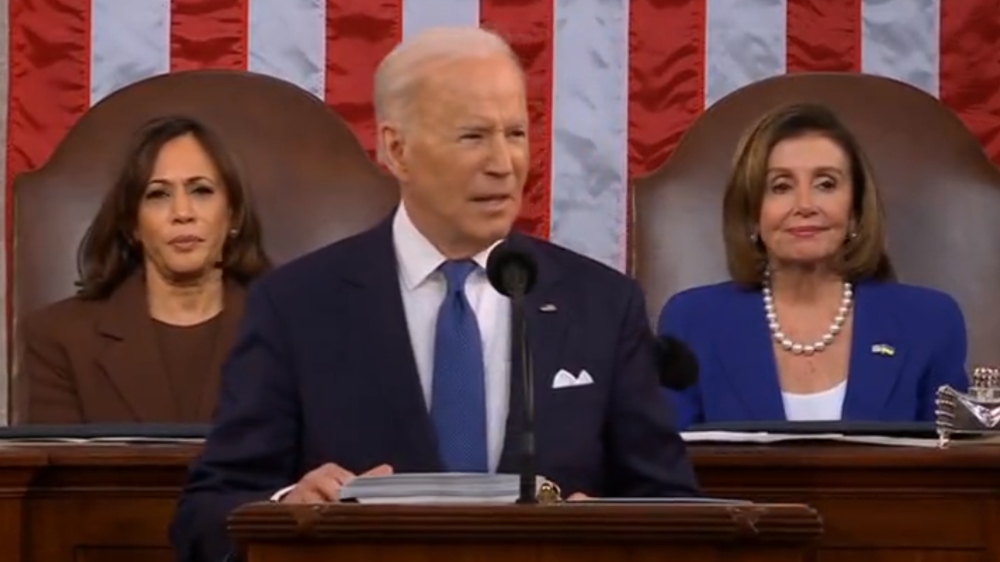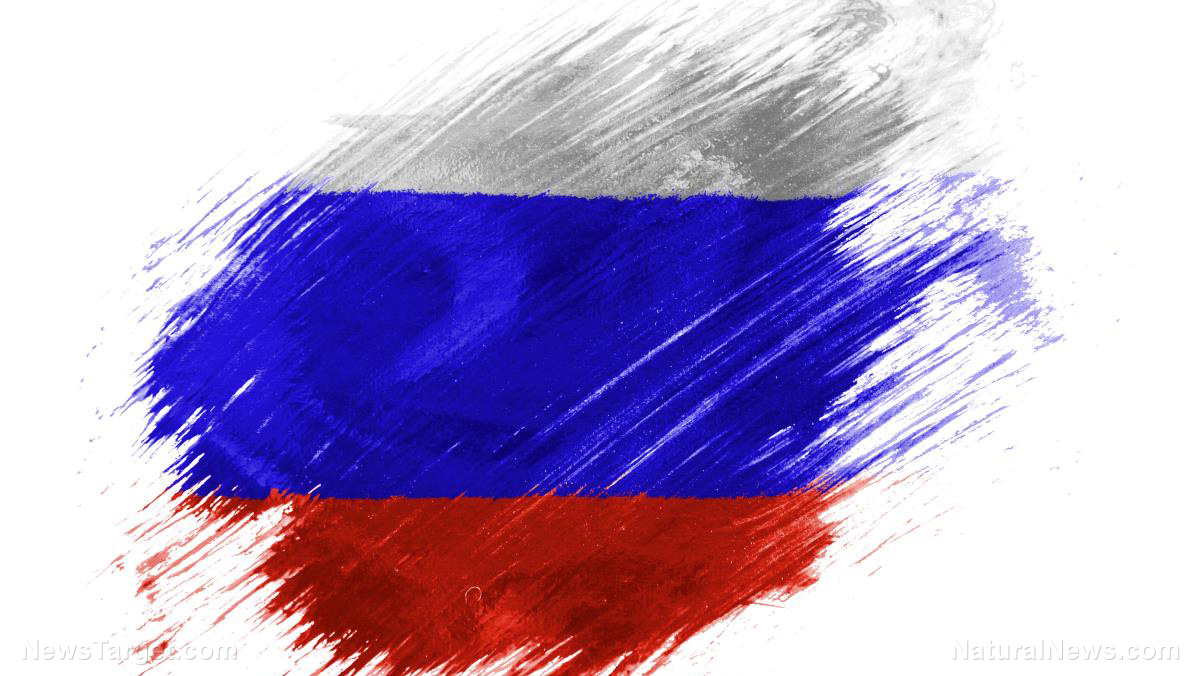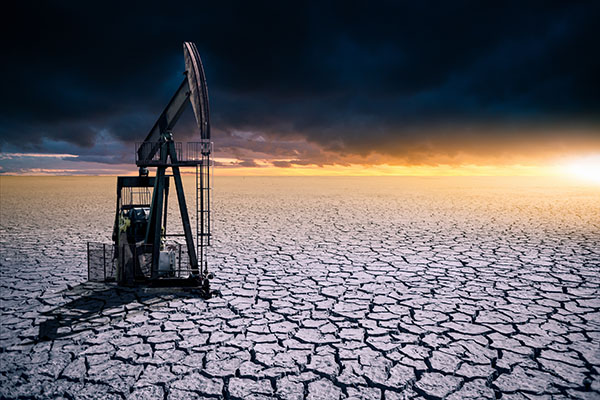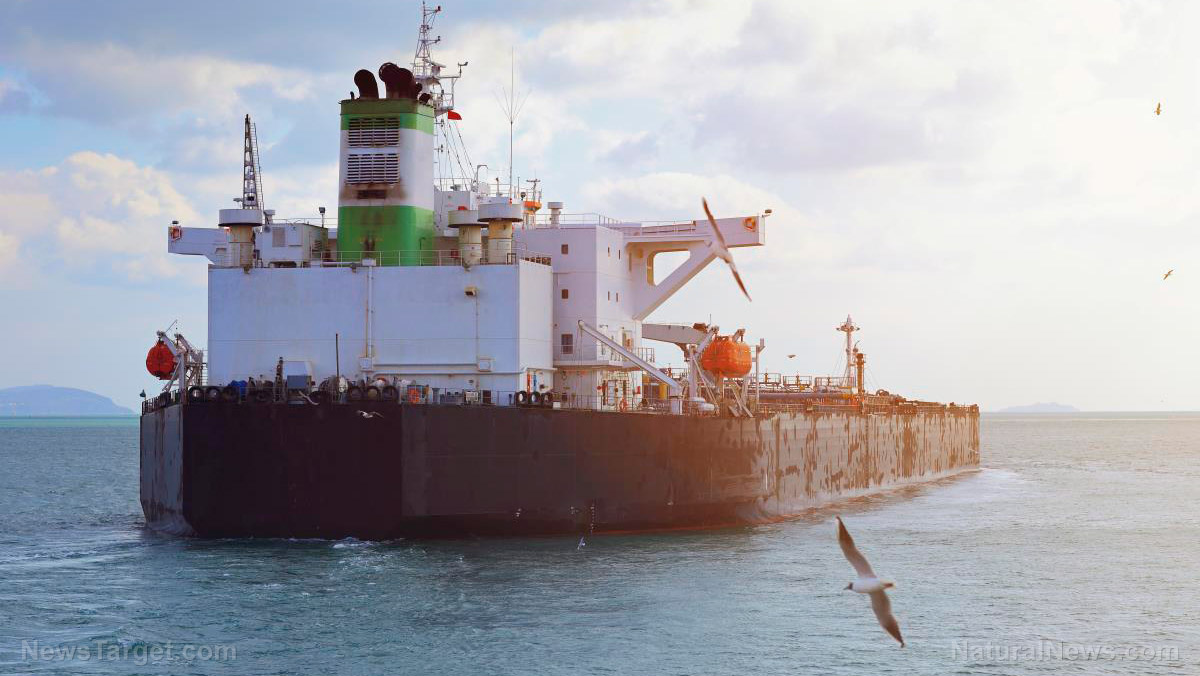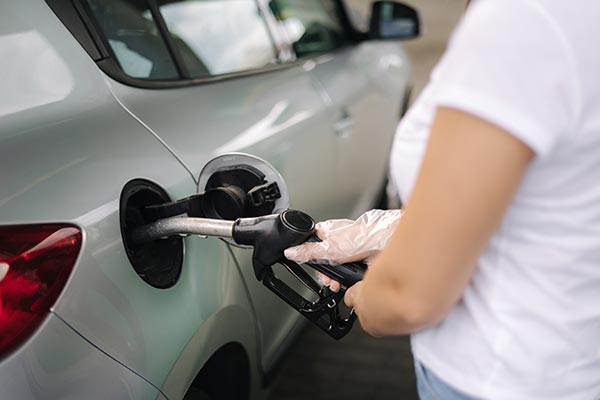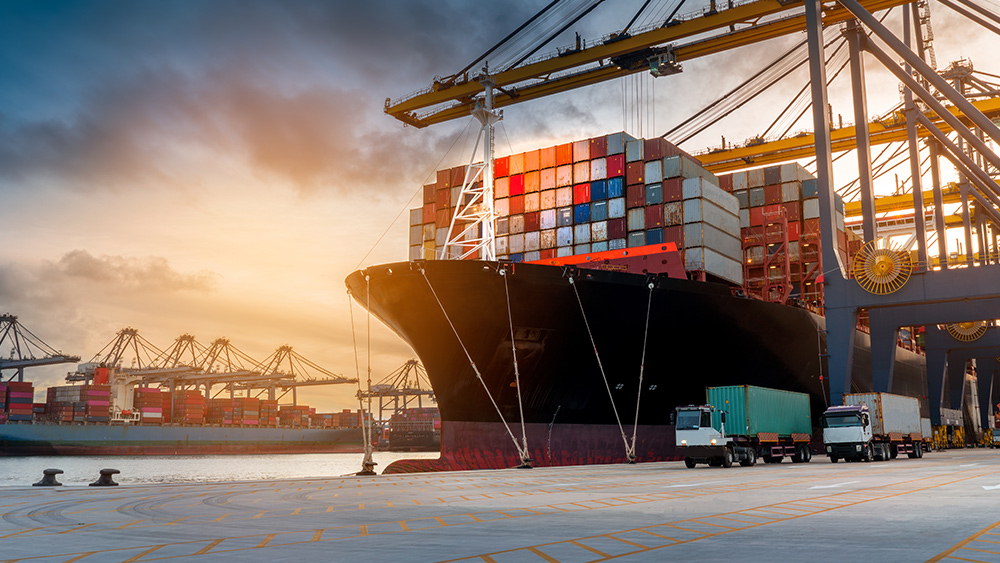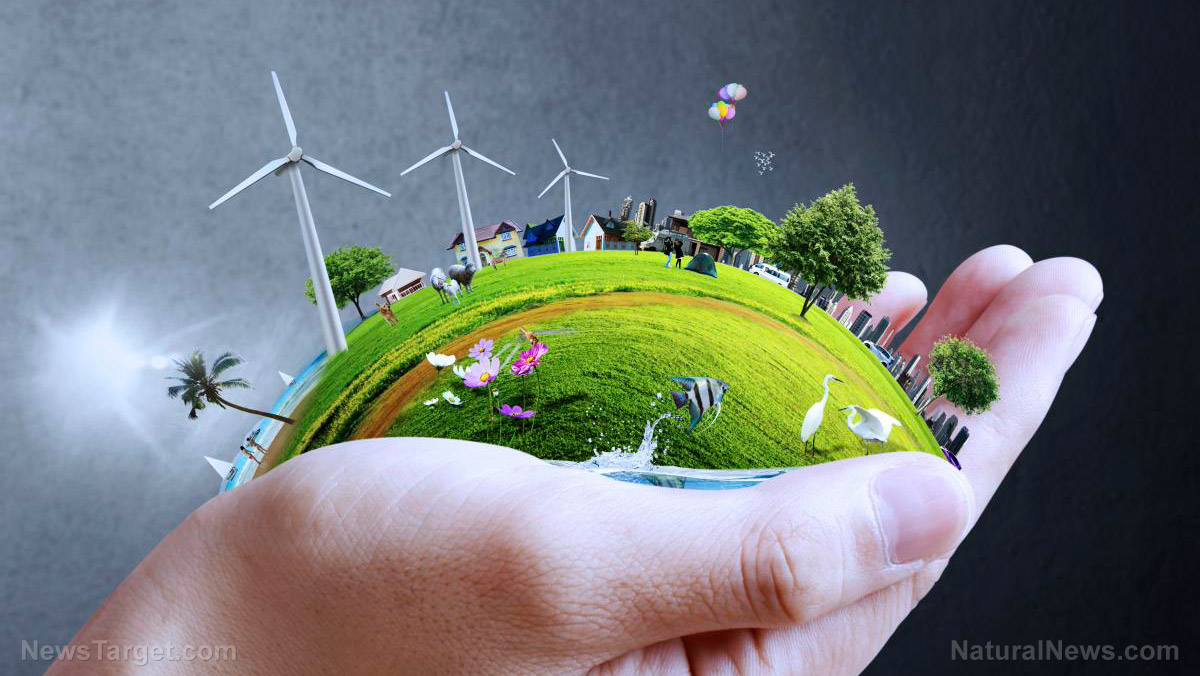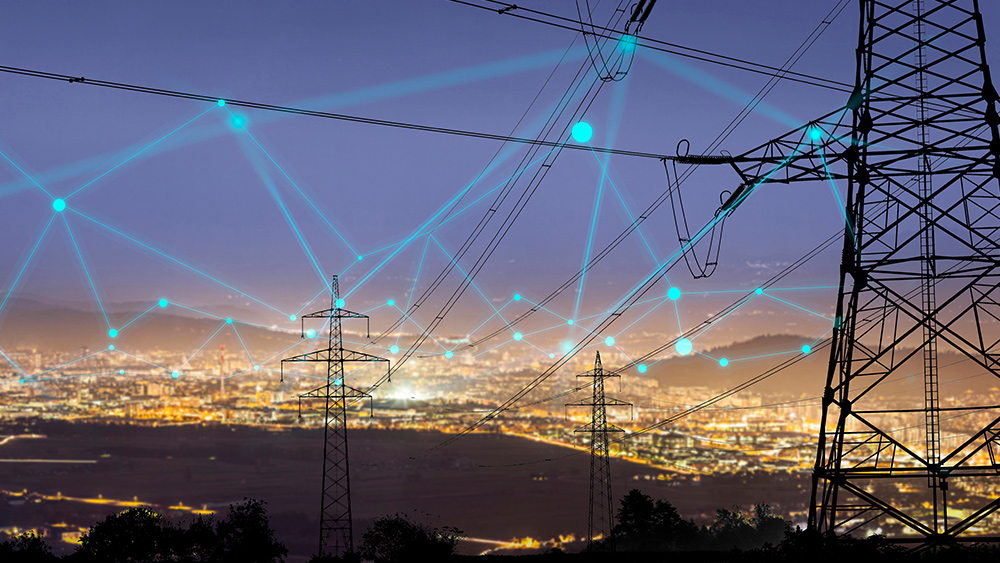Report: Russia SLASHED oil output in March in response to Western sanctions, price cap
04/14/2023 / By Belle Carter

Russia announced in March that it reduced its oil output in response to sanctions and a price cap on its petroleum imposed by the West.
The announcement came from the Russian Ministry of Energy, which added that the oil cut for March amounted to 700,000 barrels per day (bpd). It was 40 percent larger than the previously pledged reduction of 500,000 bpd. The oil production cuts followed sanctions on Moscow alongside a price cap imposed by the Group of Seven industrialized nations.
Russia initially pledged to lower its output through June, but later extended it until the end of the year as part of a wider move by the Organization of Petroleum Exporting Countries (OPEC) and other allied nations. Eight OPEC members, including founding member Saudi Arabia, agreed to join the voluntary cuts from May 2023 onward. This would bring the total oil reductions to more than 1.6 million bpd.
According to Russian Deputy Prime Minister Alexander Novak, Moscow will cut crude-only output using the February 2023 production as the baseline – which Bloomberg calculations pegged at 10.1 million bpd. However, the figures do not align with the country’s seaborne exports and domestic refinery supplies.
Moreover, the Kremlin classified Russia’s oil statistics last year due to their “sensitive” nature – forcing Russian analysts to base crude production on Russian oil exports by sea and domestic oil refining. Both showed no visible declines last month. Nevertheless, the decision to cut oil output set the stage for crude prices to return to $100 per barrel.
Russia expects higher oil revenues by end of Q2
Russian President Vladimir Putin is expecting higher oil and gas revenues by the end of second quarter. He added that “positive trends” across the economy were gathering pace due to rising oil prices worldwide. The country chalked up a budget deficit of $29 billion in the first quarter of 2023 “largely due to falling revenues from its crucial energy exports” – the main target of Western sanctions.
During a televised government meeting, Putin said Russia’s oil and gas revenues – a key item in the state budget – had dropped by around 1.3 trillion rubles ($15.8 billion) in the first quarter. Despite this, he commended the Russian economy’s resilience amid Western sanctions and assured that Moscow would prevail.
“It is expected that by the end of the second quarter, against the backdrop of rising oil prices, the situation will change. Additional oil and gas revenues will begin to flow into the budget,” he promised. Putin’s pledge may indeed come to fruition in the coming months as the Kremlin actively finds new trade routes.
Due to the bans on the sale of Russian products, both government authorities and private citizens have been forced to explore all possible ways to sell goods; get a hold of imported products; and transfer or receive money abroad.
Viktor Katona, the head of oil analysis at Kepler, a provider of intelligence services for commodity markets, cited India as one country Russia has been forging links with.
“The Kremlin has built a great relationship of trust with this country: Since the start of the war, there hasn’t been a month during which India has stopped increasing its purchases of Russian crude,” Katona said.
The South Asian country’s imports of Russian crude increased six-fold last year, while India increased its fuel exports to Europe. Much of the diesel products that the European Union used to buy directly from Russia now go through New Delhi – at a higher price. (Related: OIL LAUNDERING: India imports Russian oil at a discounted price, refines it and sells to the West for massive profits.)
Visit FuelSupply.news for more news related to the Russian oil embargo.
Watch this video discussing how the five-member BRICS group is overtaking the Group of Seven in the economic sphere.
This video is from dr Meno Peace Terrorist channel on Brighteon.com.
More related stories:
Russia to halt oil exports to nations that impose price cap on Russian crude.
Putin bans export of Russian oil to US and other nations that implemented a price cap.
Sources include:
Submit a correction >>
Tagged Under:
big government, collapse, crude oil, energy collapse, energy supply, fossil fuel, fuel supply, gas revenue, India, oil production, oil revenue, OPEC, power, price cap, production cuts, products, rationing, Russia, scarcity, supply chain warning, Western sanctions
This article may contain statements that reflect the opinion of the author
RECENT NEWS & ARTICLES
COPYRIGHT © 2022 FuelSupply.news
All content posted on this site is protected under Free Speech. FuelSupply.news is not responsible for content written by contributing authors. The information on this site is provided for educational and entertainment purposes only. It is not intended as a substitute for professional advice of any kind. FuelSupply.news assumes no responsibility for the use or misuse of this material. All trademarks, registered trademarks and service marks mentioned on this site are the property of their respective owners.



